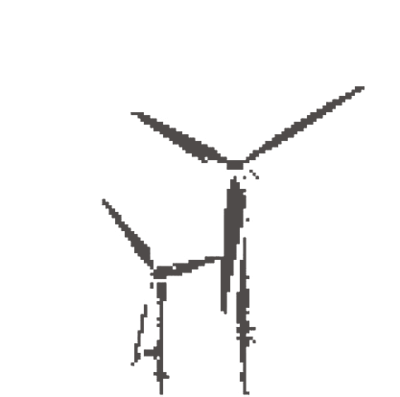A new army in the battle against VAT fraud
Tightening up the tax system is one of the priorities of the current Polish government. Inter-ministerial consultations are now underway concerning a draft amendment that would expand the catalogue of offences in the Criminal Code and vest the public authorities, including the newly created National Treasury Administration, with broad enforcement powers. All of this is designed to combat VAT fraud.

Power Market Act by the end of this year?
On 4 July 2016, a conference entitled “The power market: Consultations on functional solutions” was held at the Polish Ministry of Energy. At the event, the Minister of Energy announced that a Power Market Act would be drafted by the end of 2016. The power market is intended to ensure the energy security of Poland and continuity and reliability of the electricity supply.
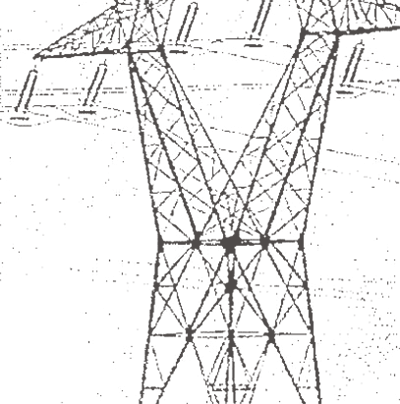
New Water Law. New fees. New payment rules.
“Water is not a commercial product like any other but, rather, a heritage which must be protected, defended and treated as such,” states the Water Framework Directive. The principle of the recovery of the costs of water services is being introduced to encourage savings and optimal use of water. This will be a substantial burden for many businesses.

Public procurement in Poland: An incomplete revolution
Poland did not manage to implement the EU’s new procurement directives on schedule, but contracting authorities are required to conduct proceedings in full compliance with EU law.
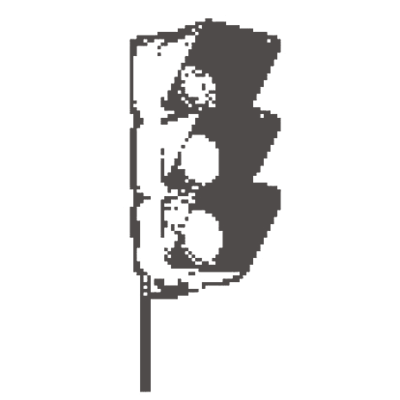
New catalogue of grounds for excluding a contractor from procurement procedures
The proposed amendment to the Public Procurement Law would introduce grounds for excluding contractors not previously recognised under Polish law, but would also expressly depart from the existing restrictive approach to exclusion of contractors. The “self-cleaning” procedure and the optional nature of certain grounds are new solutions.
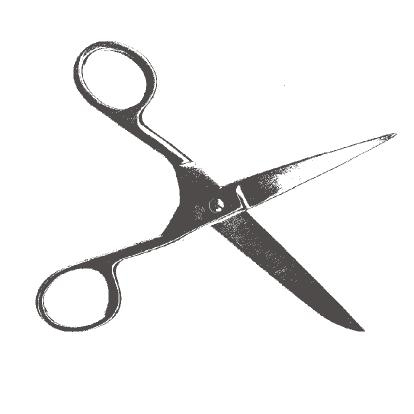
Conditions for lending resources must reflect the subject matter and purposes of the procurement
The proposed amendment of the Public Procurement Law, despite introducing certain changes in the rules for participation by third parties in performance of public contracts, does not resolve all doubts concerning the existing practice. For some of them, it would be helpful to consult the guidelines from a recent judgment of the Court of Justice.

Electronisation of public procurement
The development of information technology has changed the public procurement system. An amendment will finally be adopted requiring electronic communication between contracting authorities and potential contractors.

European Single Procurement Document
One of the most important changes in the Public Procurement Law is introduction of the European Single Procurement Document, which should make it much simpler for bidders to apply for public contracts.

Innovation in public procurement
Following Directive 2014/24/EU, the bill to amend the Public Procurement Law seeks to promote innovation in public contracts.

In-house procurement
The concept of “in-house procurement,” i.e. a contract awarded by one public entity to another public entity, is already recognised under Polish law, but the amendment to the Public Procurement Law proposes major changes in this area.

Modification of public procurement contracts: Unchanged, appearances to the contrary notwithstanding
The planned amendment to the Public Procurement Law only seems to revise the rules for modification of public contracts. The decisive role will still be played by the rules outlined in the case law of the Court of Justice and codified in Directive 2014/24/EU.
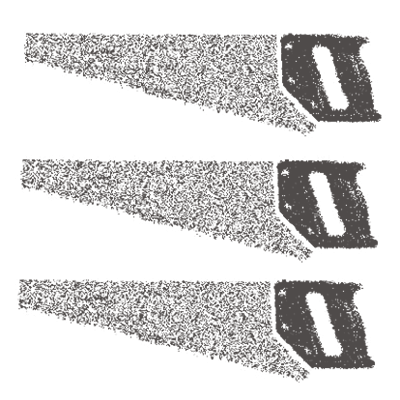
New regulations may slow the growth of wind farms in Poland
A proposed Act on Wind Power Plant Projects presented in February 2016 is intended to specify the rules for siting of wind farms. But the current version of the proposal generates a huge risk for further growth of the wind power sector and for wind farms already in operation and even for persons interested in building housing near existing wind projects.
